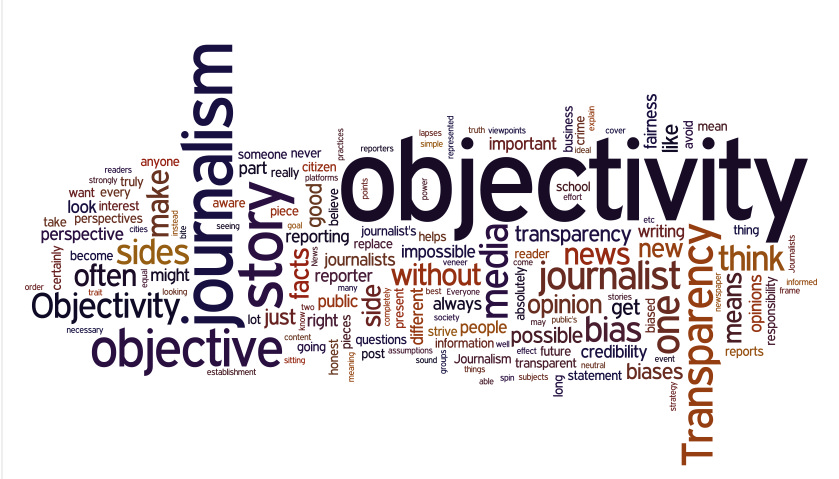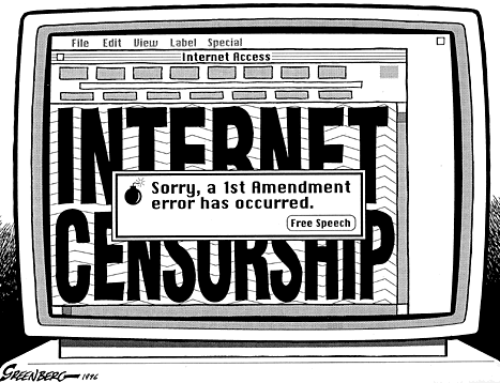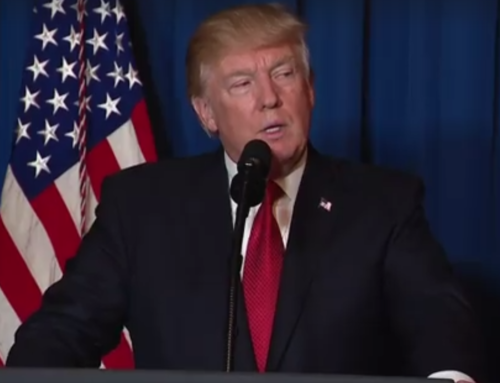Schools are not simply places that students go to learn reading, math and kick around a soccer ball during gym. They are the essential training ground for participation in our representative democracy. It’s important that students learn to voice their opinions, and consider and respond to unfamiliar or disagreeable ideas. Since the Supreme Court’s 1988 decision in Hazelwood School District v. Kuhlmeier, school administrators have been able to prevent that dialogue when the topic is one they deem sensitive or inappropriate.
There’s good news on this front in Illinois. At the beginning of the year, former Huffington Post journalist and now Illinois State Representative Will Guzzardi proposed the Speech Rights of Student Journalists Act (SRSJA). Both the Illinois House and Senate have passed the bill, which prohibits the most pernicious type of free speech incursion, content-based prior restraint, and on its terms applies to all schools – public and private. Under the SRSJA, student journalists will be responsible for determining what news, opinions, features and advertising should be included in their publications. There are exceptions, of course: Students can’t publish material that is libelous, slanderous or obscene. Also not protected are publications that constitute an unwarranted invasion of privacy, violate the law or incite misconduct.
This is a significant change. Since Hazelwood, school publications are exceptions to the First Amendment’s coverage. In that case, the Court held that high-school sponsored publications are not “public forums” – the traditional arena protected by the First Amendment – and, as a result, schools may exercise “editorial control over the style and content of student speech in school-sponsored expressive activities so long as their actions are reasonably related to legitimate pedagogical concerns.” First Amendment protections only come into play when the school’s decision to censor content has “no valid educational purpose.”
In its most benign interpretation, this means that because school administrators have a host of concerns and responsibilities in addition to providing journalistic freedom to its media classes, they can exercise control over what appears in school publications if doing so helps them further those objectives.
That sounds fairly reasonable; but prior restraints always sound reasonable while everyone is being reasonable. What happens when the “educational purpose” of a school becomes support of the current administration? Or the pursuit of a particular curriculum, like Common Core? Or the elimination of sex education? Or the teaching of creationism to the exclusion of science? It is in situations like these that the Hazelwood decision gives school administrations the power to silence alternative ideas, dissent and debate.
Given the type of government we have – one that depends on the informed and capable actions of its citizens to lead the nation and shape its policy – the future of our society depends on the ability of students to think critically about competing viewpoints, to voice minority opinions and to challenge the line of reasoning advanced by those in authority. Allowing school administrators to eliminate from news media (the very forum in which this type of dialogue has traditionally occurred) whatever content they deem inconsistent with educational agendas is hardly a benign proposition. But if the SRSJA passes, and it looks like it will, Illinois schools will have to learn to accommodate competing viewpoints in their student-written media. That’s a good day for the First Amendment – and for democracy as a whole.
The IWPA has long sponsored an annual High School Communications Contest, so this legislation is particularly near and dear to our hearts. The final obstacle to enactment of the SRSJA is the signing of the bill by Illinois Governor Bruce Rauner this summer. If you want to give him your opinion about what action he should take, you can exercise your First Amendment rights by contacting him here.







The establishment of free press in our high schools is so very important. Not only will students learn how to question and further discussions, they will learn how to LISTEN to other points of view.